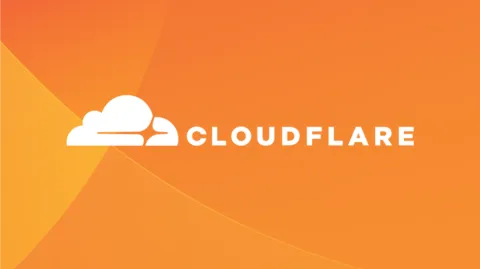How access 'env' in the WebSockets Template
Hey, I've got a Cloudflare Worker that implements WebSocket connection. The implementation is from: https://github.com/cloudflare/websocket-template
I am wondering how can I access the
I am wondering how can I access the
env